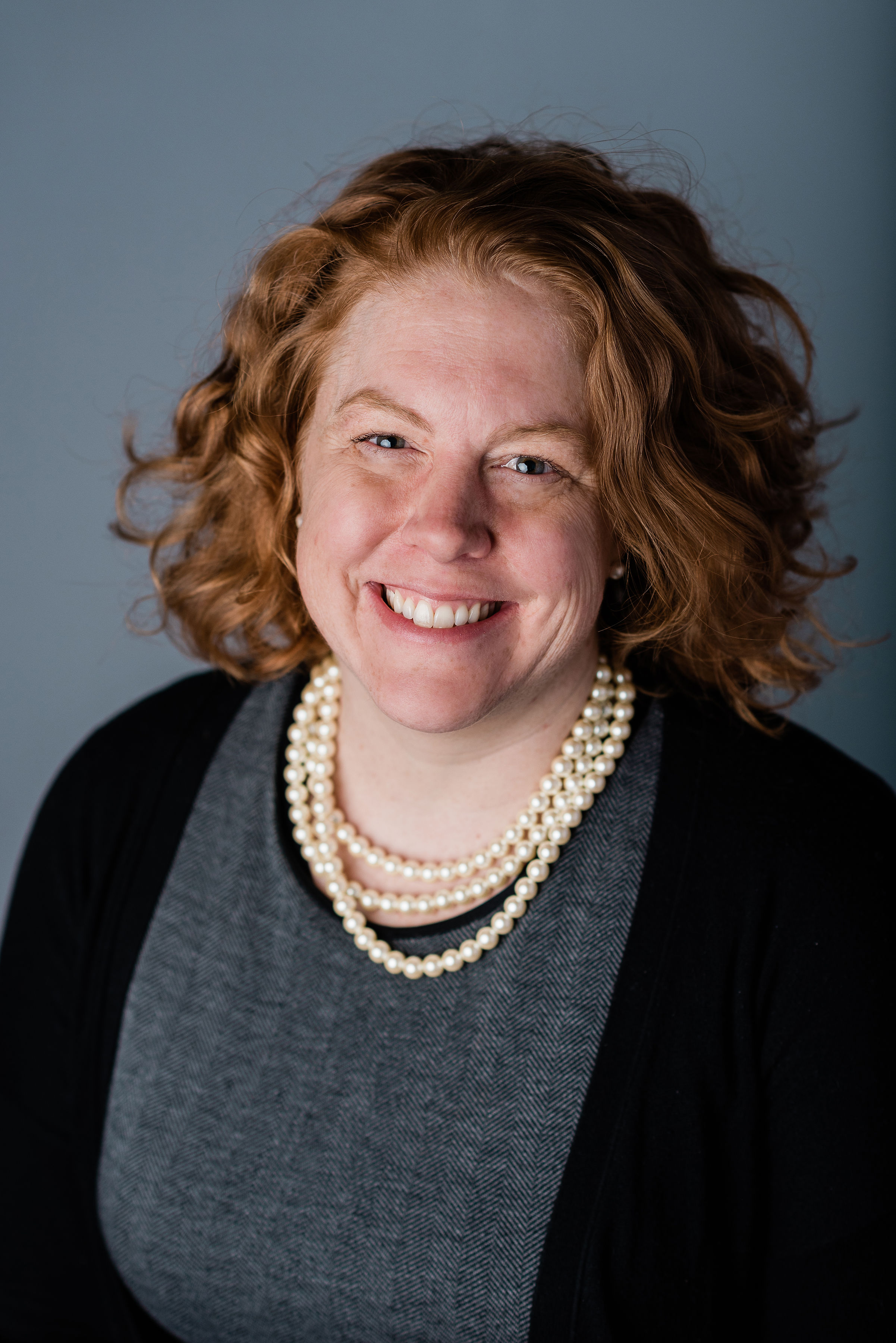It’s a conversation we have every day: What kind of job will I get when I finish my Ph.D.? What can you do with a graduate degree?
And the fact is, we have to answer the first question with, “I don’t know.”
The second question is easier: “You can do SO many things.”

Julie Rojewski, Director
PhD Career Services
The job market for Ph.Ds has been evolving for decades: in many fields, it’s a majority of people who earn a doctorate will not find themselves in traditional faculty careers, and a growing number of our students are entering into their doctoral training with diverse career goals, wanting to delve deep into an intellectual passion but having no desire to be a professor. At MSU, this is not a new conversation. Since its founding in 1994, the Graduate School has been a leader in developing an office of Ph.D. Career Services to support students through a rapidly-changing career landscape.
This evolution of career opportunities for graduate students has moved even more quickly during COVID-19. As faculty members move toward retirement, institutions grapple with budget realities that question if those positions will be replaced with recent PhD graduates. Companies examine their bottom line to see if they can afford to hire the advanced degree holders they seek, wanting their research skills and ability to manage complex projects, valuing their creativity and ability to teach, lead, and manage. And as people move toward their graduation, they are nervous about how easily they will find their first post-degree job and how that will fit into the careers they’ve envisioned for themselves.
To serve graduate students and post-docs in COVID-times, we have added to our traditional training opportunities to include programming in “Managing A Multi-Track Career Search,” for students searching for a variety of positions in multiple domains. Our office always helps students design effective resumes and CVS, and we modified a workshop we have done in the past on writing diversity statements to modernize this document: jobs outside academia are increasingly committed to diversity, equity, and inclusion initiatives and professionals in all fields benefit from being clear about how their work supports such priorities. Our office has adapted its offerings to include in-person and online training opportunities, single workshops for learning a little bit about jobs, or cohort programs for learning a lot about jobs and supporting other students doing this work.
Our office tries to mirror the resilience we see in graduate students at MSU: the ability to adapt despite the shifting landscape of careers they can create for themselves.
Our office tries to mirror the resilience we see in graduate students at MSU: the ability to adapt despite the shifting landscape of careers they can create for themselves. They are finding ways to forge valuable internship opportunities that expand networks, allow them to contribute their talents and expertise to different organizations and build relationships with alumni, as well as local and national leaders. MSU graduate students are skilled teachers, and contribute those pedagogical skills in classrooms and communities throughout the world. And, of course, graduate education is about research and developing skills that allow for expertise, mastery, and depth, cutting through the noise to generate new knowledge: in a world that is moving so quickly, that ability to remain innovative and connected is essential, and that adaptability and resilience has been a focus of our programming this year.


